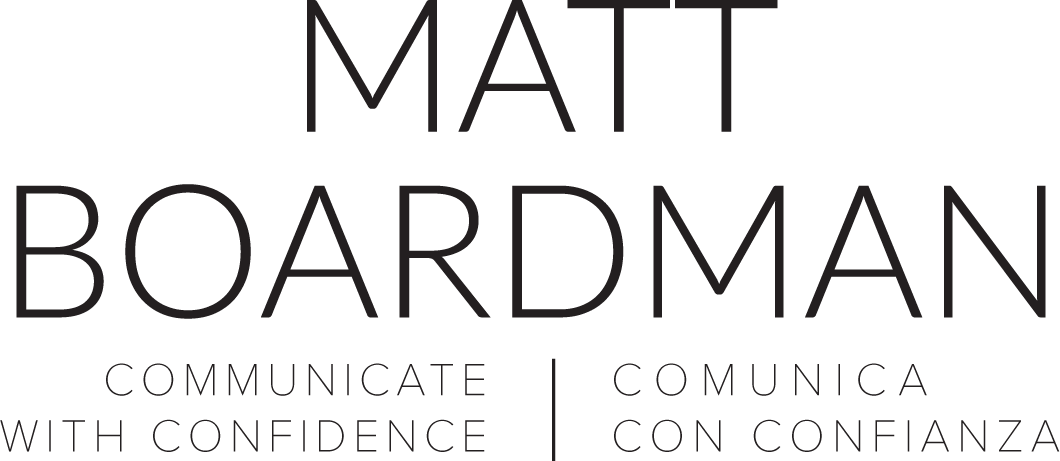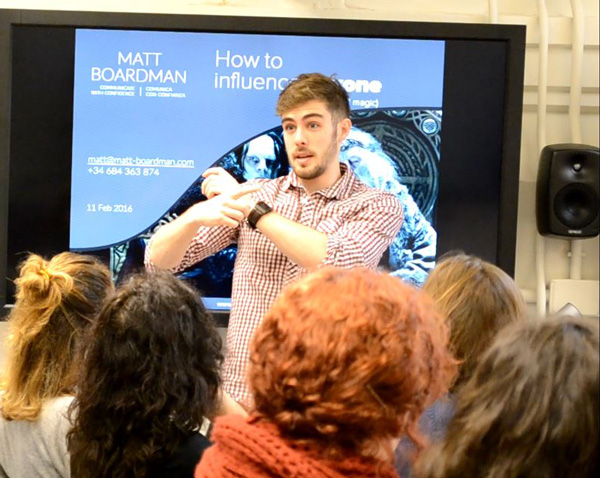Recently, I had the pleasure of giving a talk called “How to Influence Anyone (Without Evil Magic)” for TechHub at Google Campus Madrid. One influencing technique that you can use in your elevator pitch to sell your startup is social proof: the idea that we are more likely to do something if we see other people doing it first.
My talk on How to Influence Anyone (Without Evil Magic) for TechHub at Google Campus Madrid.
What is social proof?
Have you ever crossed the road at a red light and noticed that other people followed your lead? It doesn’t mean (necessarily) that you’re an inspirational leader with a heavenly aura, nor that they are all mindless sheep, nor that you’re (necessarily) liable for manslaughter if they get hit by a truck. It simply points to a very human tendency to assume that, since other people are relatively intelligent, if someone else is doing something it may be worth doing.
Businesses use social proof all the time:
- Displaying customer testimonials on a website
- Asking for likes on Facebook or re-tweets on Twitter
- Security guards delay entry to a nightclub so that a long and visible queue forms, convincing everyone that it’s the place to be.
It’s a comparatively cheap and effective form of advertising: user approval costs nothing, and people are more likely to listen to a fellow user than the company they’re buying from.
5 types of social proof for your elevator pitch
You can use these 5 types of social proof in your elevator pitch to sell your startup:
- Statistical: “85% of our first-time users rated our app 5 out of 5 while nearly sober”
- Anecdotal: “Angela said that our money-laundering service helped her avoid the police three times”
- Celebrity: “Baz Luhrmann used our piano to compose the soundtrack to Moulin Rouge (but not The Great Gatsby, thank God)”
- Expert: “This toothpaste is the best” says this dentist photographed next to several framed degrees and a briefcase of money.
- Real-time: Show that lots in the audience need your product with a show of hands: “Who here has ever wanted to know if your pie contains vegetable or chicken before biting it?” – Can be risky, make sure you ask a question guaranteed to get a strong response!
The 5 types of social proof for your startup elevator pitch
When social proof backfires
Social proof can backfire if not used properly.
In 2012, Microsoft used Oprah Winfrey to social proof their new tablet, the Surface. The only problem is that she tweeted about it using her Apple iPad. The explosion of internet irony that followed could be heard from Venus.
Celebrity: one of the 5 types of social proof that could backfire for your startup
For social proof to work, it has to:
- Be credible and sincere
- Invoke a social group that the target audience identifies with
Do you use social proof to sell your startup? Tell me how in the comments below.




